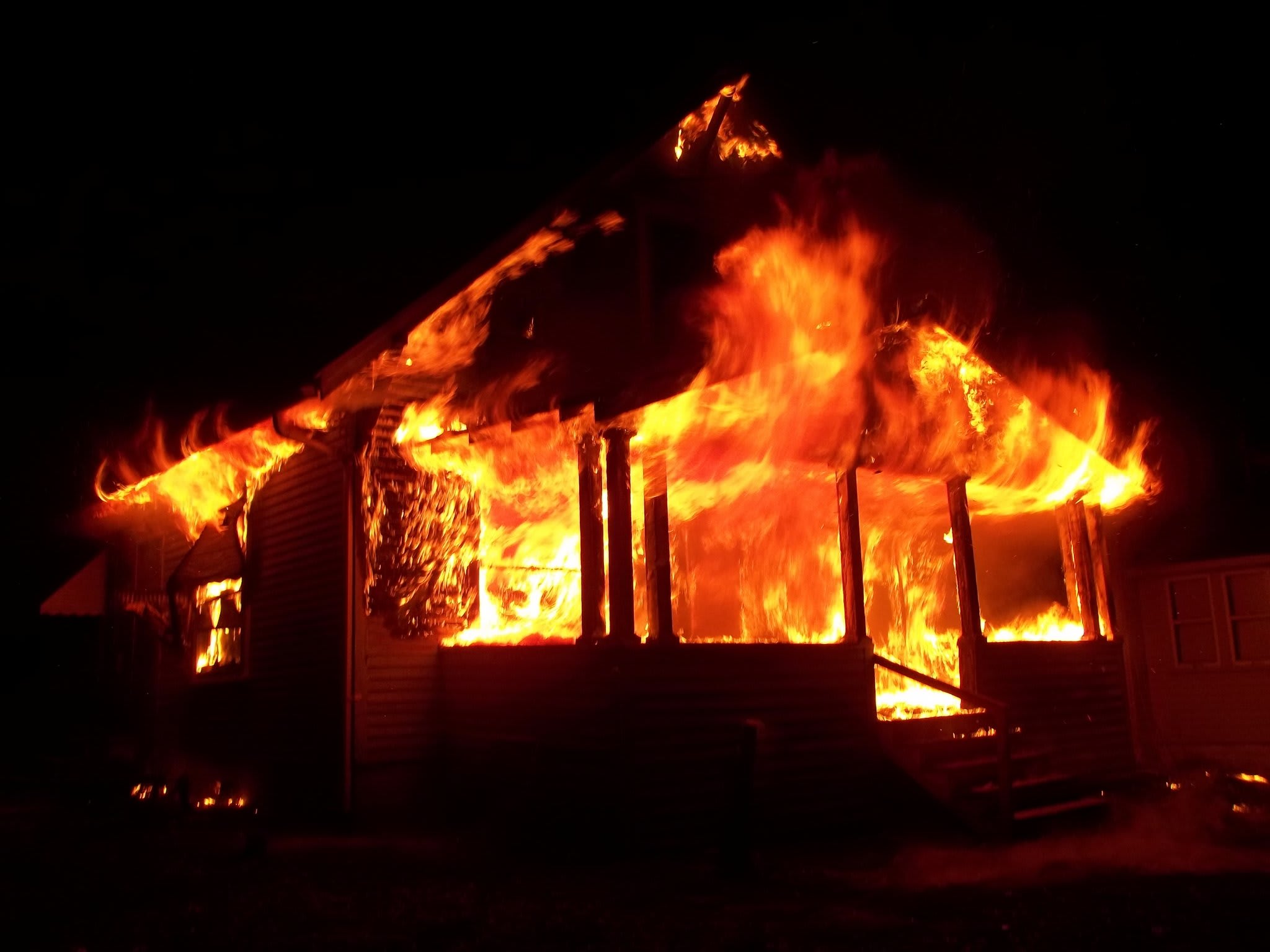If a fire breaks out on Shabbat, the owner may not systematically go about moving the contents of the house to a safe place. However, the householder may save anything needed for Shabbat and allow neighbors to acquire and save Shabbat needs for themselves. Torah books can also be saved (SA OC 334).
The reason given in the Talmud for this prohibition is that “adam bahul al mamono” – a man panics over [the loss of] his possessions.
The simplest understanding of this rationale is that the Sages worried that between the preoccupation with saving our possessions and the panic of the fire, we might forget about the Shabbat altogether and come to extinguish the fire. The ultimate concern is about the desecration of Shabbat, in the form of extinguishing a fire.
A more subtle understanding is that the Sages were worried not only about the consequences of panic (namely, potential Shabbat desecration), but rather by the panic itself. Shabbat is a day of rest and completion, not of panic and alarm. The compulsive sense of worry over material possessions is in and of itself a kind of desecration of the spirit of Shabbat, one that the Sages sought to limit.
(“Panic” is a dominant consideration in a number of places in the gemara.
Three relate to Shabbat. They are: allowing a person to carry something valuable with a modification on Shabbat, since otherwise panic may cause him to carry it in a regular way; forbidding emptying the house in a fire, since the panic of salvage may tempt a person to extinguish the fire; allowing moving a corpse in a fire because the panic of having to leave it would tempt someone to extinguish the fire. I have found only one instance which relates to any other area of halakha: the permission to do a minor operation on a first-born animal because otherwise panic might tempt the owner into a major procedure which would disqualify the animal – Pesachim 11a.)
A related issue is the source of the panic: worry over possessions. Our Sages permitted salvage when it is for our Shabbat needs, or to give Shabbat needs away to other people. Torah volumes, which are for the purpose of a mitzva, may also be saved.
When our concern for our possessions starts to endanger our concern for the Shabbat, things have gone too far. We need to be reminded that the purpose of possessions is not accumulation, but serving God and helping others. By basing the leniencies of saving from a fire on giving objects away and using them for mitzvot, we recall the proper use of wealth and put its accumulation in proper perspective.
Rabbi Asher Meir is the author of the book Meaning in Mitzvot, distributed by Feldheim. The book provides insights into the inner meaning of our daily practices, following the order of the 221 chapters of the Kitzur Shulchan Aruch.
The words of this author reflect his/her own opinions and do not necessarily represent the official position of the Orthodox Union.

